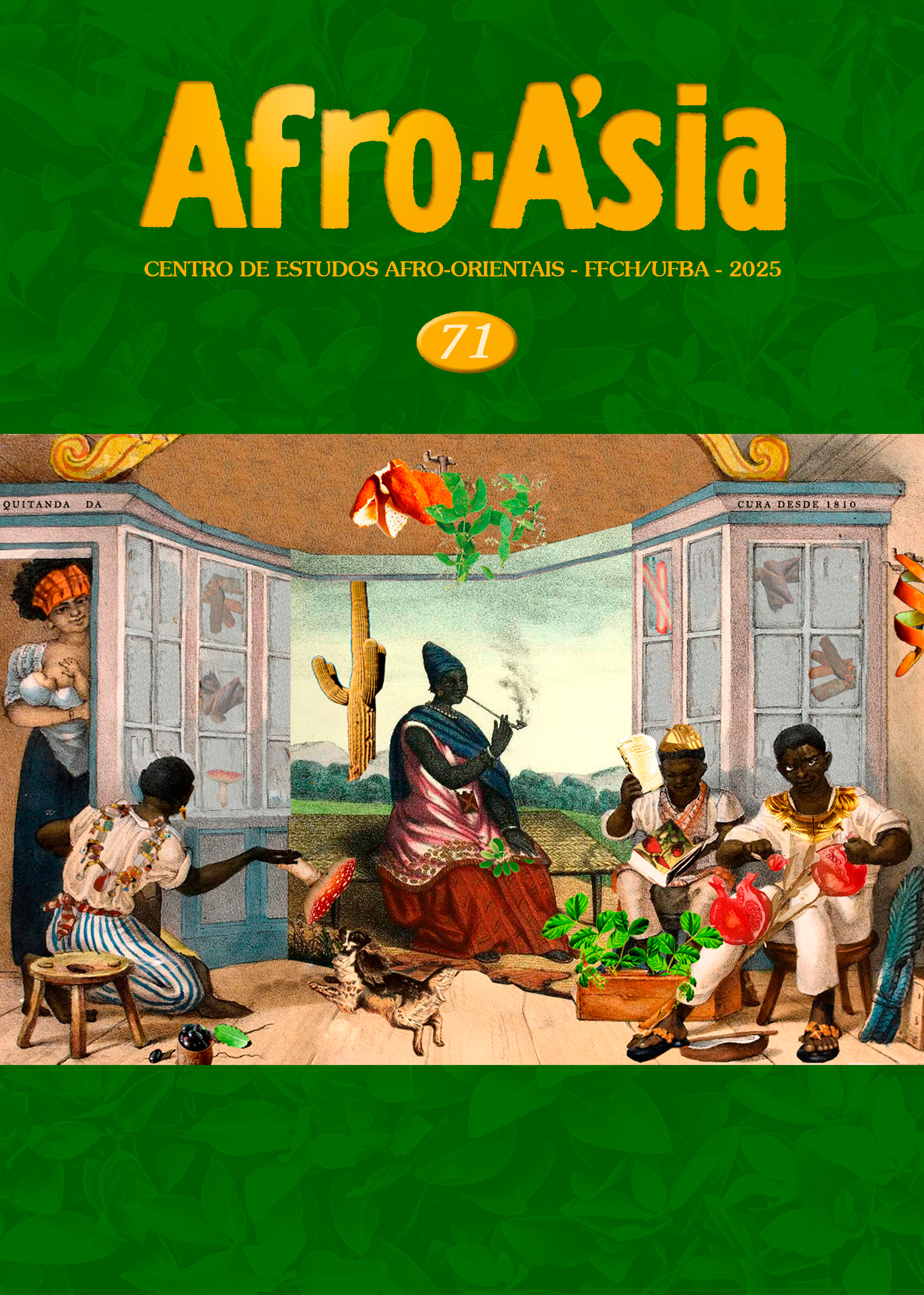‘Bahia Pêlo Negro’
can the subaltern (subject of raciality) speak?
DOI:
https://doi.org/10.9771/aa.v0i71.66148Keywords:
Brazil, Cultural politics, Exteriority, RepresentationAbstract
This article revisits the theme of representation by examining the relationship between difference and transparency. I argue that the current purchase of multiculturalism and diversity marks the ‘officialization’ of the 1980s politics of difference, which refashioned previous formulations of racial and cultural difference without challenging their ontological premises. Through a reading of the Bloco Olodum’s 1988s carnival lyrics, I chart the articulation of signifiers of Africanity, as a marker of cultural difference, which writes the black Brazilian as subaltern subject without producing a particular version of a (self-)transparent (interior/temporal) African subject. Not only does the interpretive strategy I deploy show how an attention to social scientific knowledge’s role in production of modern (post-Enlightenment) subject is crucial for a critique of the notion of difference informing the global principles of multiculturalism and diversity. More importantly, it also indicates why the logic of exclusion, the prevailing account of social subjection has been now added to the arsenal of racial subjection.
Downloads
Downloads
Published
How to Cite
Issue
Section
License
Copyright (c) 2025 Maria Fernanda Novo, Denise Ferreira da Silva

This work is licensed under a Creative Commons Attribution 4.0 International License.
You are entitled to freely share, adapt and use the work herein published for any legitimate purpose as long as authorship and the original source are acknowledged.




